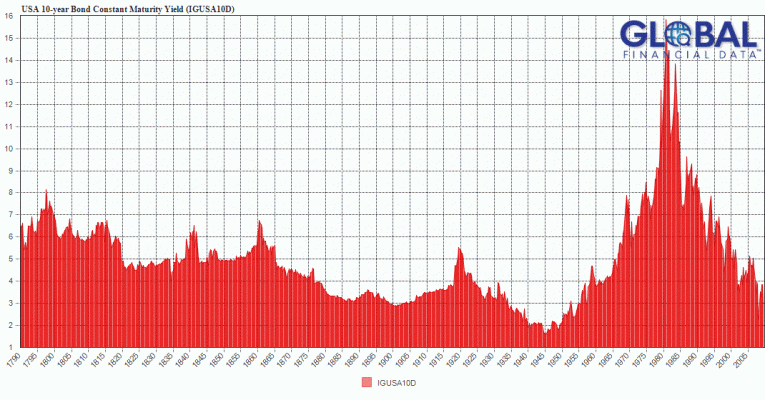The subject is tough to handle because
"things were different then". Things like 401K's, Roth IRA's and investing in general, were different.
Making money in the market was not something common folk did.
It was a time of profit sharing, pension funds, and putting money in the bank, when savings interest rates were closer to loan rates, with a one or two percent differential.
It was a time when Social Security was designed to keep pace with incomes, and when it was expected that the Social Security Fund would be sacrosanct, as in a "trust"... where those who were responsible, would maintain the fund in keeping with the rise in prosperity. In fact, for those who were "paying in", expected that it would be a TRUST... Not used as a cushion for other government expenditures.
Growth was built on innovation, on learning to do things faster, cheaper, and better. There was room from creativity and imagination, not just to shuffle people into lower paying positions, but to better utilize labor, raw materials and to balance the labor force and industry to create a mutually beneficial improvement in life. Jobs were typically held for many years, and experience was in the individual, not the computer.
Not to say that we should live in that other time, but to understand that those of us who are in late middle age,

were living in a very different time.
All of this points to a different mind set. In our 40's, we expected to be with the same firm (company) until we retired at age 65... and would have our base income coming from Social Security, to be supplemented by our pension or profit sharing plan... and from those dollars we had saved in our local bank.
The idea of "risk" for the average guy didn't, (except for a very few) come from being in the stock market.
In all of this, I am talking about my own experience... being in the workforce after college) from 1958 to 1989, when DW and I retired @age 53. Our combined ending salaries adjusted for today were probably about $125K... We had four children, who, by the time we retired, had been through school and were independent.
We were brought up to live within and below our means... except for home mortgages never borrowed money for anything, and managed to put aside a nominal amount, beginning when Traditional IRA's were established around 1980. Interest rates were quite different... Much higher during our savings years... roughly 1975-1990. 7 to 10% in Bank CD's were fairly common, and during that same period, housing values were increasing. Because of multiple moves, the net value increase was fairly substantial.
Mentioning all of this, simply to point out to those who are in their forties and early fifties, that the mind set of retirement planning was very different 25 to 35 years ago. Social Security was not designed to be some kind of a giveaway to the poor, but a pay as you go "investment". Banking was not a Federal Debt subsidized industry, and productivity was not measured by investment acumen.
In short, the path to financial security changed substantially over the past 30 years, and many people were caught short, not adapting to the changing face of the financial world.
recap:
SS trust fund mismanaged
Bank rate changes/US Debt Subsidy
Pension, Profit Sharing changes/buyouts
Devaluation of personal skills of the aging
Computers - across the board labor replacement efficiencies
Overall, the past 35 years might be the biggest, fastest change in planning for retirement.
Chart for historical interest rates:


